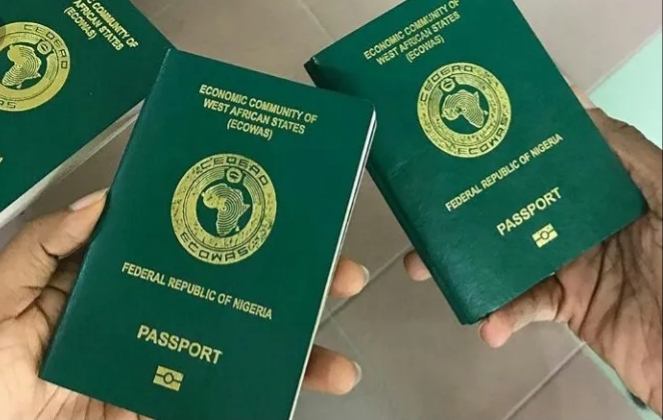A wave of unexpected visa cancellations is causing widespread distress among international students in the United States, including those from Nigeria and other countries, as their legal status is abruptly revoked.
According to Boston-based immigration lawyer Matthew Maiona, what initially appeared to be isolated incidents have quickly become more frequent.
“It started off seeming unusual, but now it’s happening rapidly,” he noted.
An investigation by the Associated Press revealed that at least 901 students from 128 institutions have been impacted so far, though advocacy organizations believe the actual figure could be much higher.
While a significant number of the affected students are from India and China, legal experts say the issue is not limited to any specific nationality.
Some students reportedly lost their status due to minor issues, including traffic offenses. In Michigan, four affected students are taking legal action against the government, alleging they were not informed of the reasons behind the cancellation of their visas.
Similar lawsuits are emerging across the country, with judges in states such as New Hampshire, Wisconsin, and Montana issuing temporary relief by reinstating students’ legal status.
Unlike in previous instances, universities are now discovering the terminations through the government’s immigration database before the students themselves are notified — a significant change in protocol that has left many in shock.
The situation is particularly dire for students nearing graduation or awaiting job placements, as many are now uncertain about their next steps.
Neither the U.S. Department of State nor the Department of Homeland Security has released an official statement, deepening the confusion and fear within the international student community.
While some students are being advised to exit the U.S. immediately, others are staying put and pursuing appeals, hoping to avoid deportation or being detained.
Amid the uncertainty, students are altering their daily routines, keeping their immigration paperwork close at hand and preparing for any eventuality.
“It’s terrifying,” said a Chinese doctoral student at the University of North Carolina at Chapel Hill. “You never know if you’ll be the next one affected.”


